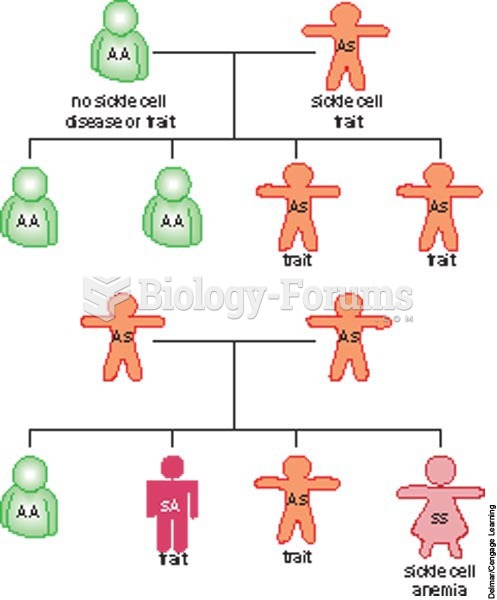Answer to Question 1
Answer:
The need for affiliation describes the human need to seek social contact. It appears to be at least somewhat biologically determined. People are sad and angry when the need is not met. During a national disaster, or other times when people are afraid, they seek others in the same situation to affiliate with. Although some people say they don't have the need, an experiment showed that even people who claimed they don't have the need responded to being accepted with a better mood and higher self-esteem.
Answer to Question 2
Answer:
1) People who are more similar tend to be attracted by each other (birds of a feather flock together).
2) The proportion of similarity can be used as a measure of attraction: of agreement points/total of points discussed.
3) The repulsion hypothesis suggests that similarity does not necessarily cause attraction. Rather, dissimilarity causes an increase in repulsion. This hypothesis is not accurate in this formulation.
4) Balance theory suggests that we are in balance when liking and agreement are both high, we are in imbalance when liking is high but disagreement is present, and indifference occurs when disliking is high and either agreement or disagreement is present.
5) Festinger's social comparison theory suggests that we seek to evaluate our own attitudes and beliefs by comparing them with those of others when we cannot objectively determine the accuracy of our beliefs or attitudes. This social comparison process produces consensual validation, which, in turn, produces a positive affective state. When consensual validation is not achieved, negative affectivity increases.
6) According to the evolutionary perspective, our ancient ancestors might sometimes encounter other groups of hunter-gatherers. Such an encounter provides three possible courses of action. First, two groups may move towards each other with friendly intent. This risks the danger of a surprise attack, but it also offers the possibility of mutual benefit to the two groups. Second, the two groups might move away from each other, acting out a self-protective fear intent. This may be a safer option, but it also ensures that beneficial opportunities are missed. Third, the two groups could move towards each other with aggressive intent based on fear or on the possibility of expanded opportunities. The risk is one of possible loss, but the potential benefits could be very great. The retreat and attack options both provide benefits and may have contributed to the survival of early humans or their ancestors. The attack option may be the most adaptive response in many situations. Supporting evidence can be seen in the genetic programming of male mice reactions to strange mice entering their territory: If it's a male, attack it; if female, seduce it.







